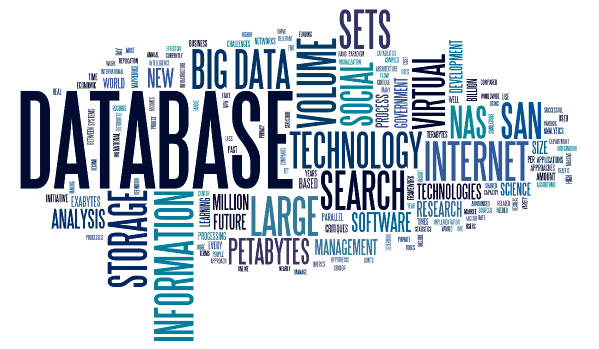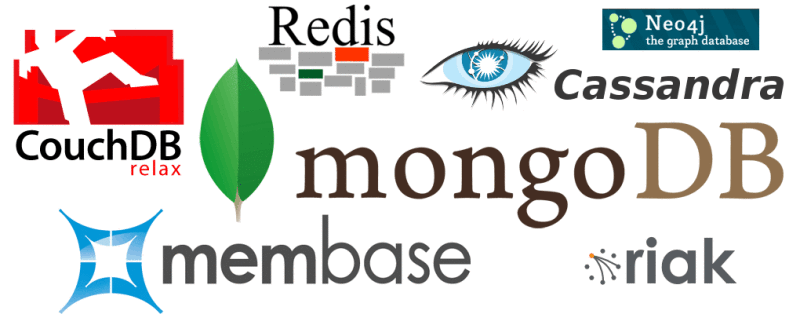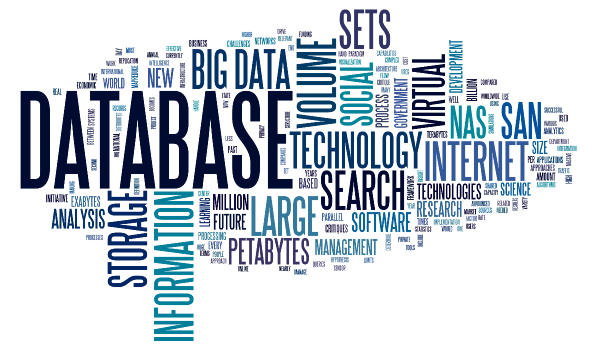SQL vs NoSQL - Finding the Right DBMS for Your Project
When it comes to database technology the two main classifications are - SQL and NoSQL or, relational databases and non-relational databases. They can...

When it comes to choosing a database it is very difficult to choose between SQL and NoSQL data structure. Both are feasible options but there are some differences between the two. The user should keep all the key points in mind while choosing a database between SQL vs. NoSQL.
To understand whether you want to choose from SQL vs. NoSQL database for your project you have to understand how both database systems work what separates these worlds.
SQL is a language that helps you manage data held in a relational database. Some of the examples of SQL database are MySql, Oracle, SQLite, Postgres, and MS-SQL.
NoSQL database has evolved in the recent years and is a little bit different from conventional relational database type. The need for NoSQL database actually arose to get rid of some of the limitations that were there in the relational databases and mainly focusing on high operational speed and flexibility in storing the data. The examples of NoSQL database are MongoDB, BigTable, Redis, RavenDb, Cassandra, HBase, Neo4j, and CouchDB.
One of the critical decisions that companies are facing embarking on big data projects is which database to use- SQL or NoSQL. Often that decision swings between SQL and NoSQL. SQL has the impressive track record, the large installed base, but NoSQL is making impressive gains and has many supporters.
SQL databases use “metadata,” information that describes the data, providing information about the data collection methods, data source, and meaning. It keeps data accessible, well organized, and relatively easy for people to view and understand due to the tabular structure. SQL is well-suited to conventional data analysis such as reporting and classical statistical analysis.
Big data is difficult to manage with a relational database. Due to the huge quantity of other characteristics of big data, it can’t be managed effectively with conventional relational databases. When you need to deal with web or other internet data volume and real-time analytics applications you should prefer NoSQL database. NoSQL systems are non-relational databases designed for large-scale data storage and for high-performance data processing across a large number of commodity servers. The need for NoSQL database arises because of agility, performance, and scale. There is a need for the database which can support a wide set of use cases, including exploratory and predictive analytics in real-time. NoSQL is designed to scale millions and even billions of users doing updates as well as reads.
Social applications: Generally, social applications can scale from a zero to millions of users in a few weeks. In order to manage this growth, the company needs a database which can manage numerous users and data and can also scale horizontally.
Online advertisement of business intelligence: In order to reach a number of potential users, it is important to be able to target specific users. NoSQL database helps to develop an application which can manipulate billions of data.
Archiving data: If you want to archive data and keep it available to the user, NoSQL databases can help you. You need to store and access the data when stored in NoSQL.
You can choose between SQL and NoSQL on the basis of your needs and requirement. If you are working on a small amount of data, then SQL is sufficient. But if you are working on Big Data then you should choose NoSQL database.
If you are still unsure and need help, get in touch.

When it comes to database technology the two main classifications are - SQL and NoSQL or, relational databases and non-relational databases. They can...

In the past few years, we have seen a huge change in trends in the space of databases. A new emerging trend has been the usage of NoSQL ("not only...
